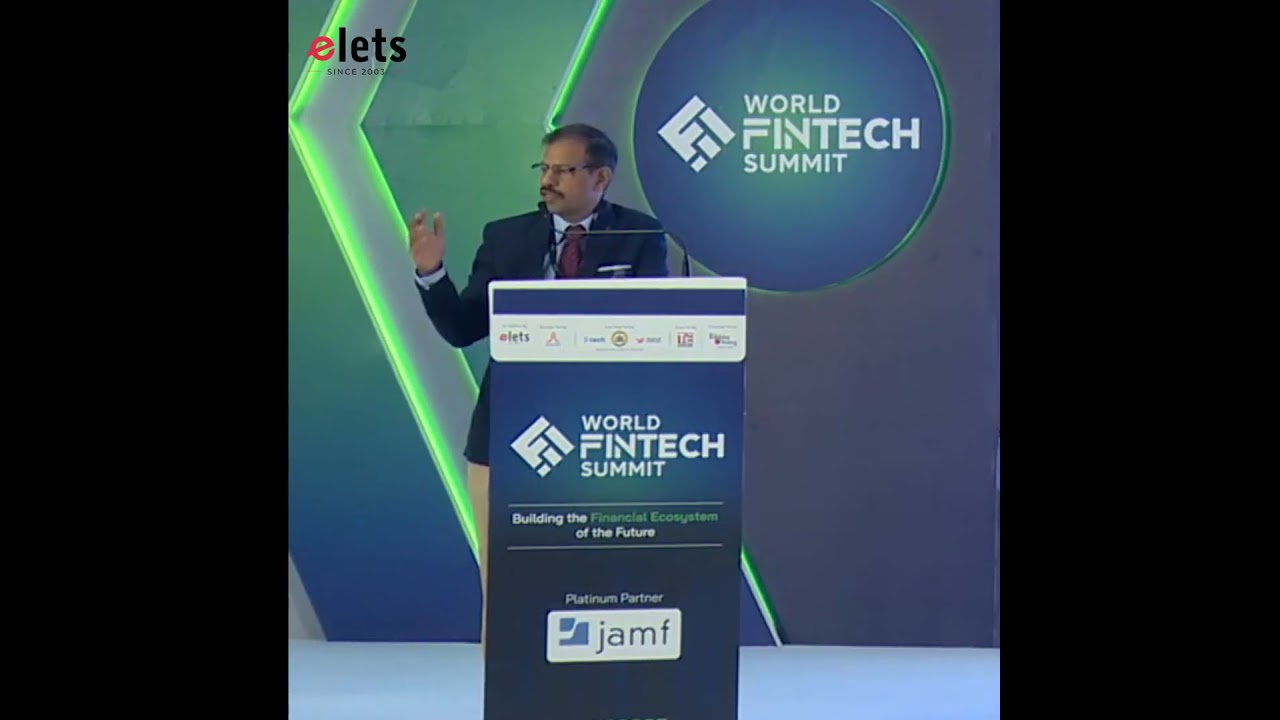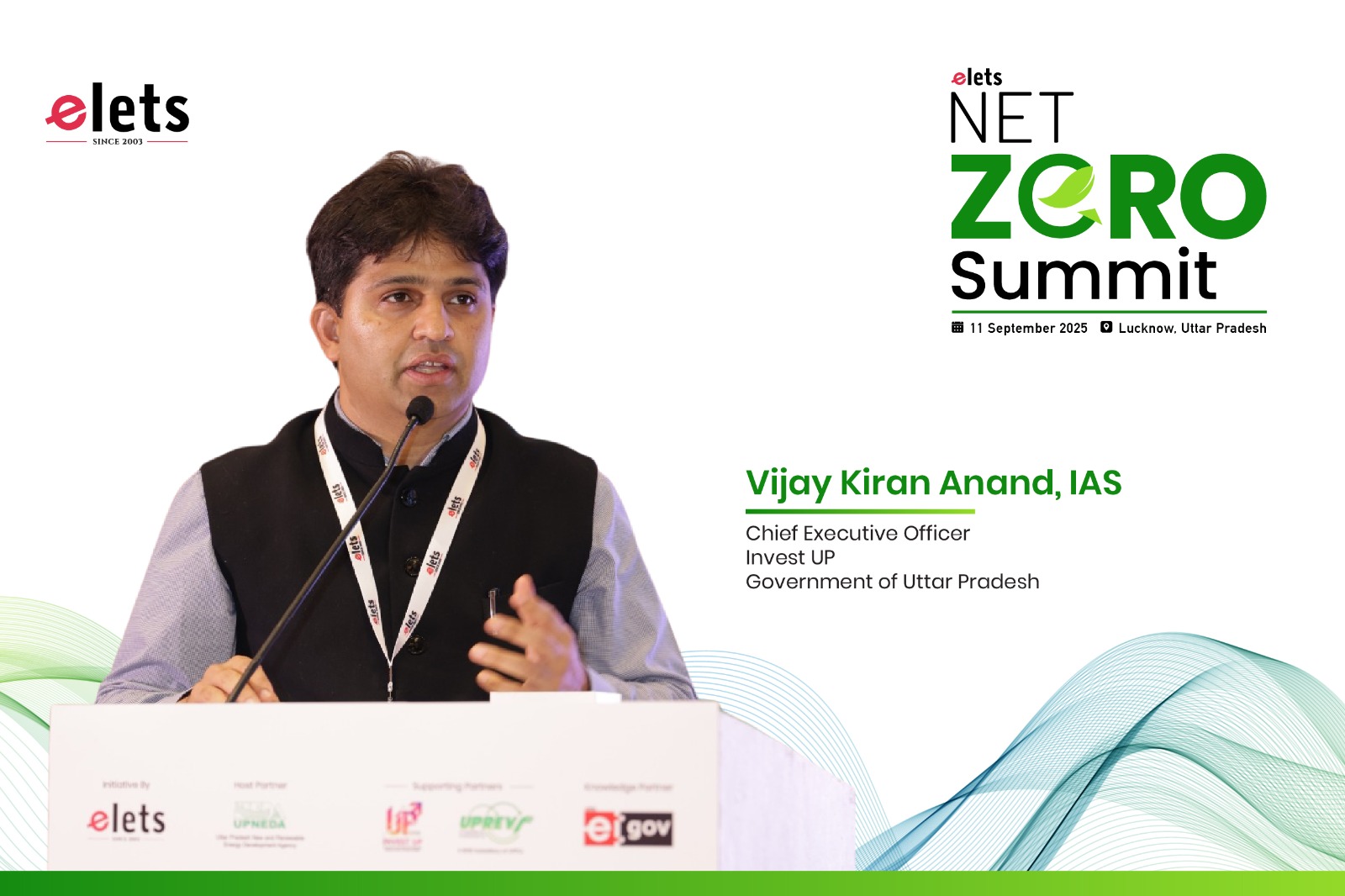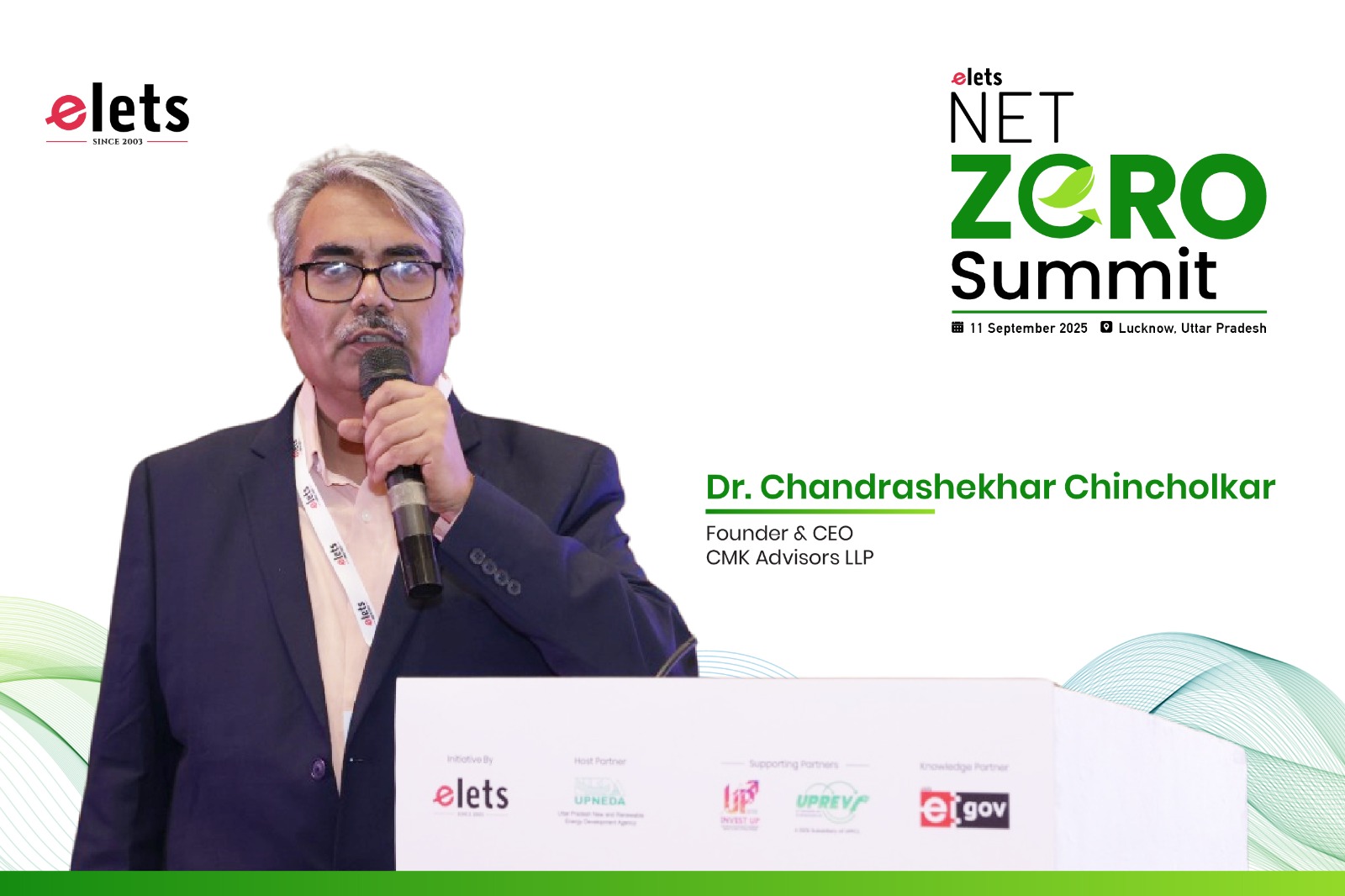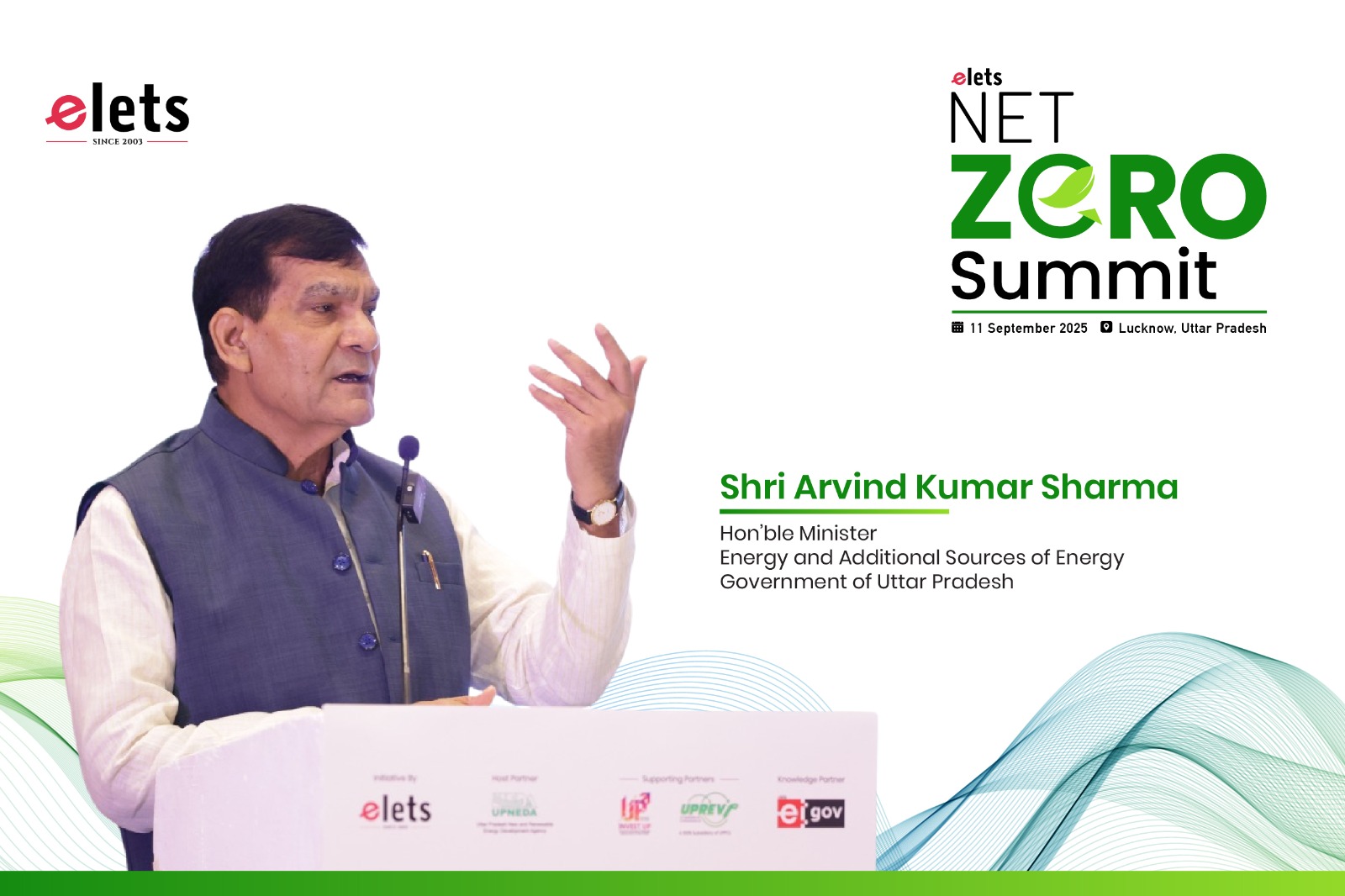
In the evolving landscape of digital identification in India, Aadhaar-based authentication has emerged as a cornerstone of secure and efficient identity verification. One of the most vital components of this process is electronic Know Your Customer, or eKYC. This method of leveraging biometric and OTP-based data has streamlined numerous services across banking, employment verification, and government schemes. This article delves into the powerful impacts of eKYC and Aadhaar authentication, highlighting how they are revolutionizing the way services are delivered and identities are verified nationwide.
Understanding eKYC and Aadhaar Authentication
Electronic Know Your Customer (eKYC) is a digital process allowing service providers to authenticate a person’s identity using their Aadhaar number. The data shared during eKYC includes a photograph, name, gender, date of birth, and address, all retrieved directly from UIDAI — the Unique Identification Authority of India. This ensures that the identity data originates from a verified, authoritative source, reducing instances of fraud and misrepresentation.
Why eKYC Matters in Today’s Digital Era
Many companies, especially those in the banking and employment sectors, struggle with background verification and identity fraud. Traditional methods often involve laborious paperwork, time-consuming verifications, and on-site inspections. Aadhaar authentication addresses these challenges by automating the process through real-time data validation. Once a user submits their Aadhaar details, businesses can access verified identity information instantly, making employee background checks and customer onboarding more accurate and faster.
Accelerating Services with Aadhaar Verification
Implementing Aadhaar authentication across sectors brings with it a host of benefits. Chief among them is the ability to plug leaks in service delivery and reduce operational costs. For instance, opening a bank account previously took up to ten days, involving multiple steps like form submission, documentation, and physical address verification. Today, with Aadhaar-based eKYC and biometric authentication, the entire process has been condensed to a matter of minutes.
Several banks have now gone a step further by adopting facial recognition as part of their identity verification process. This innovation enables opening a bank account in under five minutes — a feat that was unimaginable just a few years ago. Aadhaar truly exemplifies how technology can fast-track service delivery while enhancing security.
The Scale and Success of Aadhaar Authentication
Since its inception, Aadhaar authentication has achieved unparalleled success in terms of transaction volume and reliability. On some days, over 15,000 crore authentication transactions have been processed. Currently, India witnesses more than nine crore Aadhaar-based verification transactions daily, many conducted in real time. These live transactions flow seamlessly from the point of data capture to the UIDAI data center, ensuring both accuracy and integrity.
No other country in the world has managed to deploy an identity system of such scale with similar success. Aadhaar’s authentication ecosystem stands as a testament to India’s digital ingenuity.
Biometric Innovation and Face Authentication
A significant portion of Aadhaar-based verifications relies on biometric methods — primarily fingerprints and iris scans. However, facial recognition technology is rapidly gaining traction. Since its introduction, Aadhaar face authentication usage has been growing at an astounding rate of 500%. As more service providers integrate this technology, the scope for contactless and seamless verification continues to expand.
Looking Ahead: The Future of Digital Identity in India
The Aadhaar authentication system has not only streamlined everyday transactions but also laid the groundwork for a more transparent and efficient digital India. From speeding up bank account openings to simplifying employee onboarding processes, Aadhaar eKYC offers an invaluable tool for both private and public sectors. As technology evolves and new biometric methods gain prominence, Aadhaar will remain at the center of India’s identity verification framework.
Conclusion
Aadhaar eKYC and biometric authentication are revolutionizing identity verification in India. With benefits ranging from operational cost savings and heightened efficiency to improved data accuracy, it’s clear why this system has seen such widespread adoption. As more institutions embrace Aadhaar-based verification, the possibilities for digital transformation will only continue to grow. This shift not only enhances user convenience but also sets a new global standard in identity management.
Be a part of Elets Collaborative Initiatives. Join Us for Upcoming Events and explore business opportunities. Like us on Facebook , connect with us on LinkedIn and follow us on Twitter, Instagram.
"Exciting news! Elets technomedia is now on WhatsApp Channels Subscribe today by clicking the link and stay updated with the latest insights!" Click here!













